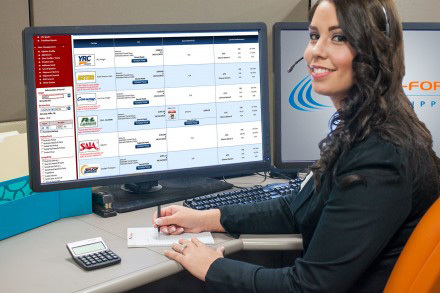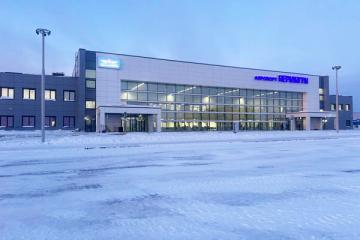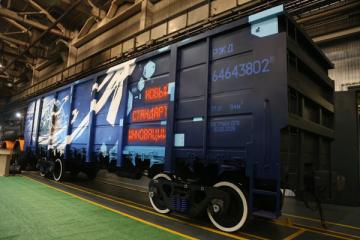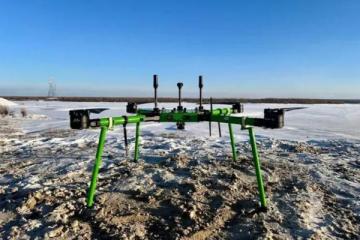
To help you select a transportation management system, here are 10 tips from Kevin Lynch, CEO of Minneapolis-based Nistevo, which provides a collaborative logistics network for transportation management:
- Insource or outsource? Streamlined transportation management can be achieved through purchasing TMS technology or selecting a 3PL with TMS capabilities. Your level of internal expertise and available resources will determine whether you should go it alone or outsource.
- Enterprise or network? TMS solutions are available in enterprise and network models. Enterprise solutions are installed within your four walls, are highly customizable, require internal infrastructure, and use license pricing. Network solutions are web-hosted, configurable to your business processes, require no additional infrastructure, and provide services for an annual subscription fee. Your timeline, budget, and business processes should determine your model.
- Fiscally stable or underwater? Your TMS vendor needs to support and evolve its technology for years to come, so assessing its financial viability is a must. Are its revenues in line with its number of employees? Does it have loyal and satisfied customers that are deployed with long-term commitments? Answers to these questions quickly spotlight viable partners.
- Hooked or detached? Connecting core carriers and decentralized locations are key to the success of any TMS implementation. Vendors should demonstrate their ability to connect each of these companies to their enterprise TMS, or have a number of carriers already connected and operating with other shippers on their network.
- Complete or immature? To meet your transportation needs now and in the future, a TMS should offer robust planning/optimization, execution, settlement, and analysis capabilities. The solution should extend shipment visibility to appropriate users and leverage supply chain event management to alert individuals to activities or shipments requiring attention. Be wary of solutions that don't offer these necessary capabilities.
- Friend or frustration? For almost any TMS implementation, users will range from the technology savvy to illiterate. Assess the TMS solution for its accessibility and usability. Are screens easy to navigate? Can users easily find what they need? Avoid frustration and lack of adoption by testing usability with a variety of interested parties.
- Overkill or undersized? To avoid buying a TMS that's too large or small, evaluate your organization's logistics needs—modes required, geographies to support, unique industry standards. Too vast a solution will unnecessarily add complexity and cost; too little will minimize use and long-term value. Many TMS vendors specialize in a single mode or industry but may not do well outside their niche. Others are generalists but lack specialized functionality. Align your needs with the solution's capabilities.
- Open or shut? Most organizations need to integrate their TMS with existing internal solutions such as order management systems, warehouse management systems, and ERP systems. This can be achieved either through purchasing a TMS solution from the same technology vendor or from a best-of-breed provider. A suite is not a guarantee of success. Be wary of solutions from recent acquisitions that may not be integrated. In all cases, the vendor should clearly demonstrate an ability to rapidly and easily integrate these multiple systems.
- Seasoned performer or amateur? As a mission-critical application, a TMS' scalability and reliability need to be ensured. For enterprise solutions, measure its capabilities within your current infrastructure. Are additional improvements required for the performance level you desire? Likewise, a network TMS should have a year or more of documented proof of reliability and scalability at its hosted location or a customer site.
- Married or honeymooning? References are valuable evaluation tools. When asking for references, be sure to include carriers, 3PLs, and shipping organizations to fully determine and validate that a vendor's technology is right for your logistics network. And, be sure that they have had ample time using the technology to have an educated opinion.
By Deborah Catalano Ruriani, inboundlogistics.com.





